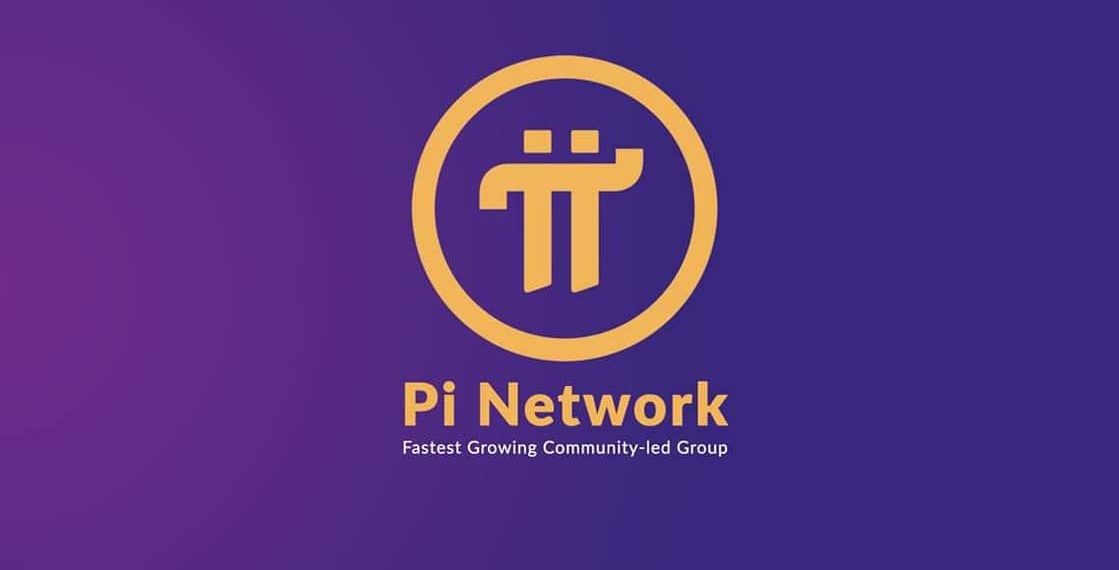Cryptocurrency shiba inu
Experts hold mixed opinions about investing in cryptocurrency. Because crypto is a highly speculative investment, with the potential for intense price swings, some financial advisors don’t recommend people invest at all https://megahexandword.com/rnw_h8hgnaawdkyg/.
To get started with cryptocurrency, you’ll need to choose a broker or crypto exchange. An exchange is an online platform where you can trade cryptocurrencies. Brokers use interfaces that interact with exchanges. An exchange allows you to trade without a third party. Should you decide to use an exchange, you’ll need to find buyers for your cryptocurrency. A broker can do that for you. Here are the first steps you’ll need to take:
Because there are so many cryptocurrencies on the market, it’s important to understand the types. Knowing whether the coin you’re looking at has a purpose can help you decide whether it is worth investing in—a cryptocurrency with a purpose is likely to be less risky than one that doesn’t have a use.
Japan’s Payment Services Act defines Bitcoin as legal property. Cryptocurrency exchanges operating in the country are required to collect information about the customer and details relating to the wire transfer.
The University of Cambridge Centre for Alternative Finance (CCAF) studies cryptocurrencies. As of August 2021, it estimates that Bitcoin’s total energy consumption could be between 31 and 327 terawatts a year (TWh), with a central estimate of about 87 TWh.
Pi network cryptocurrency
These extensions, while explained as measures to ensure inclusivity and network strength, have faced criticism from community members who sometimes view them as delay tactics for postponing the Open Network launch.
Since its open mainnet launch back in February 2025, Pi Network has built a strong community of over 60 million users. However, it’s also faced a fair share of challenges. The project has struggled with low liquidity, weak transaction activity, and the lack of smart contract features — which are crucial for building decentralized apps on any blockchain.

These extensions, while explained as measures to ensure inclusivity and network strength, have faced criticism from community members who sometimes view them as delay tactics for postponing the Open Network launch.
Since its open mainnet launch back in February 2025, Pi Network has built a strong community of over 60 million users. However, it’s also faced a fair share of challenges. The project has struggled with low liquidity, weak transaction activity, and the lack of smart contract features — which are crucial for building decentralized apps on any blockchain.
If you want to start saving up Pi, it’s a simple process. Will this cryptocurrency ever have any value? Time will tell, but the Pi Network is extremely unconventional and controversial, and it offers little use so far, so look for other options if you plan to make crypto part of your investment portfolio. You could try cryptocurrency stocks or investing in cryptocurrencies that are available to buy and sell such as Bitcoin and Ethereum (CRYPTO:ETH).
Once downloaded, you will be asked to sign up with Facebook, phone number, or Apple ID. You will then fill in your personal details. Select a name and password. If you do not KYC or provide inaccurate personal details, you will forfeit your balance.
Cryptocurrency
Many banks do not offer virtual currency services themselves and can refuse to do business with virtual currency companies. In 2014, Gareth Murphy, a senior banking officer, suggested that the widespread adoption of cryptocurrencies may lead to too much money being obfuscated, blinding economists who would use such information to better steer the economy. While traditional financial products have strong consumer protections in place, there is no intermediary with the power to limit consumer losses if bitcoins are lost or stolen. One of the features cryptocurrency lacks in comparison to credit cards, for example, is consumer protection against fraud, such as chargebacks.
Numerous companies developed dedicated crypto-mining accelerator chips, capable of price-performance far higher than that of CPU or GPU mining. At one point, Intel marketed its own brand of crypto accelerator chip, named Blockscale.
In April 2024, TVNZ’s 1News reported that the Cook Islands government was proposing legislation that would allow “recovery agents” to use various means including hacking to investigate or find cryptocurrency that may have been used for illegal means or is the “proceeds of crime.” The Tainted Cryptocurrency Recovery Bill was drafted by two lawyers hired by US-based debt collection company Drumcliffe. The proposed legislation was criticised by Cook Islands Crown Law’s deputy solicitor general David Greig, who described it as “flawed” and said that some provisions were “clearly unconstitutional”. The Cook Islands Financial Services Development Authority described Drumcliffe’s involvement as a conflict of interest.

Many banks do not offer virtual currency services themselves and can refuse to do business with virtual currency companies. In 2014, Gareth Murphy, a senior banking officer, suggested that the widespread adoption of cryptocurrencies may lead to too much money being obfuscated, blinding economists who would use such information to better steer the economy. While traditional financial products have strong consumer protections in place, there is no intermediary with the power to limit consumer losses if bitcoins are lost or stolen. One of the features cryptocurrency lacks in comparison to credit cards, for example, is consumer protection against fraud, such as chargebacks.
Numerous companies developed dedicated crypto-mining accelerator chips, capable of price-performance far higher than that of CPU or GPU mining. At one point, Intel marketed its own brand of crypto accelerator chip, named Blockscale.
In April 2024, TVNZ’s 1News reported that the Cook Islands government was proposing legislation that would allow “recovery agents” to use various means including hacking to investigate or find cryptocurrency that may have been used for illegal means or is the “proceeds of crime.” The Tainted Cryptocurrency Recovery Bill was drafted by two lawyers hired by US-based debt collection company Drumcliffe. The proposed legislation was criticised by Cook Islands Crown Law’s deputy solicitor general David Greig, who described it as “flawed” and said that some provisions were “clearly unconstitutional”. The Cook Islands Financial Services Development Authority described Drumcliffe’s involvement as a conflict of interest.
